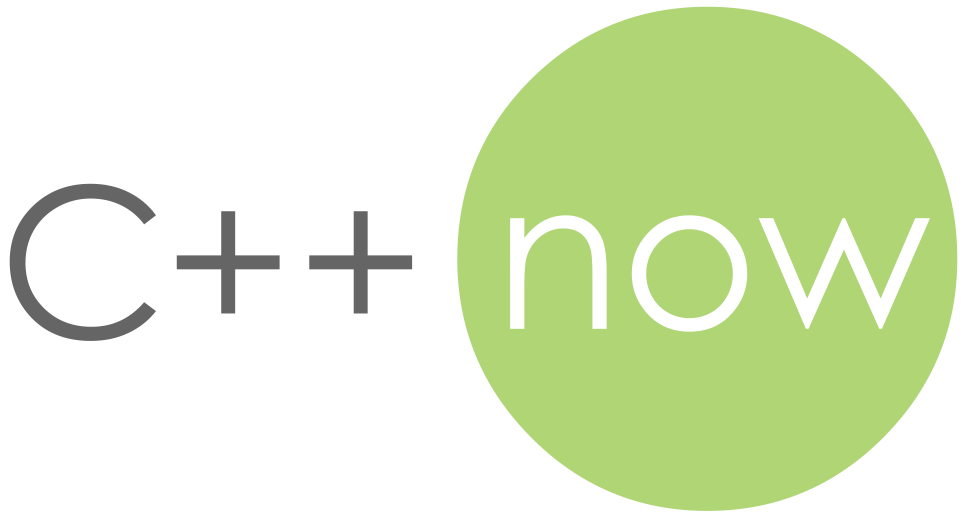C++, C# and Unity
The place C++ will have at Unity:
C++, C# and Unity
by Lucas Meijer
From the article:
C++ is not great at this task. I want my loop to be vectorized, but a million things can happen that might make the compiler not vectorize it. It might be vectorized today, but not tomorrow if a new seemingly innocent change happens. Just convincing all my C/C++ compilers to vectorize my code at all is hard.

 C++Now 2019 will be held in Aspen, May 5–10, 2017.
C++Now 2019 will be held in Aspen, May 5–10, 2017. ACCU’s Overload journal of December 2018 is out. It contains the following C++ related articles.
ACCU’s Overload journal of December 2018 is out. It contains the following C++ related articles.